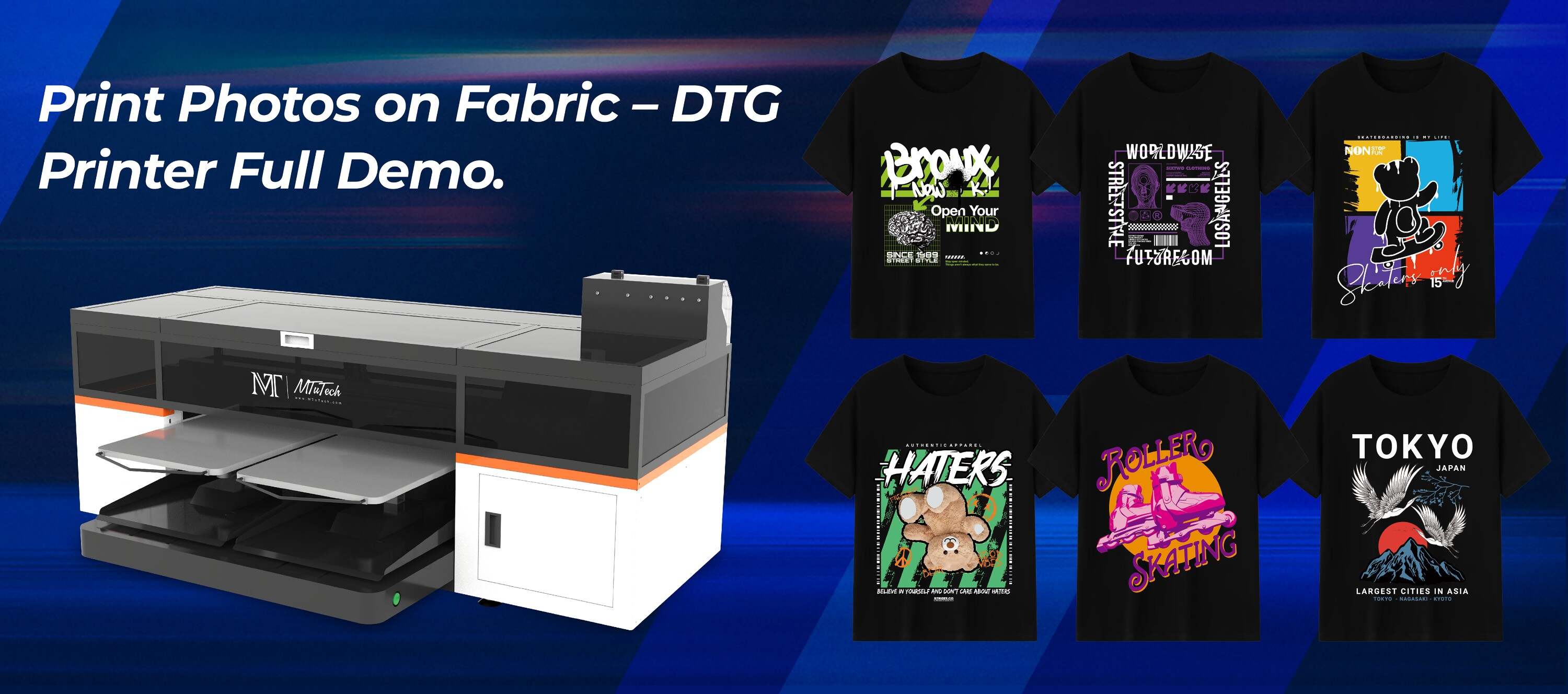 Introduction
Introduction
Color accuracy can make or break the customer experience in DTG printing. What looks great on a screen can print completely different if color management isn't handled correctly. In this blog, we’ll explore what color management means in DTG, how to control it, and why it’s vital to producing consistently stunning apparel.
What Is Color Management?
Color management refers to the process of ensuring colors on your screen match what comes out of the printer. It involves:
- Color profiles (ICC)
- Monitor calibration
- Ink and fabric behavior
- RIP software and print environment consistency
Why Color Accuracy Matters
- Customer Satisfaction : Buyers expect their designs to match previews
- Brand Consistency : Color is identity—especially for logos and corporate merch
- Print Quality : Accurate colors = professional finish
Tips to Improve Color Accuracy in DTG
- Calibrate Your Monitor : Use tools like Spyder or X-Rite for true color display
- Use ICC Profiles : Match the garment type and RIP software for optimal print color
- Pre-Treat Properly : Color output varies with pre-treatment and curing quality
- Test Regularly : Always run a test print when using new garments or ink batches
The Role of RIP Software
- RIP (Raster Image Processor) software controls how colors and gradients are translated into print data
- Good RIP tools allow fine-tuning for contrast, saturation, and ink limits
- Advanced RIPs include white underbase control and custom color adjustments
Conclusion
Color management is a science that separates amateurs from professionals in the DTG space. With the right tools and habits, you can deliver vibrant, predictable results that delight your customers and elevate your brand. When in doubt—test, calibrate, and repeat.
Get accurate colors with our professional-grade DTG printer systems — optimized for consistency and color precision.
